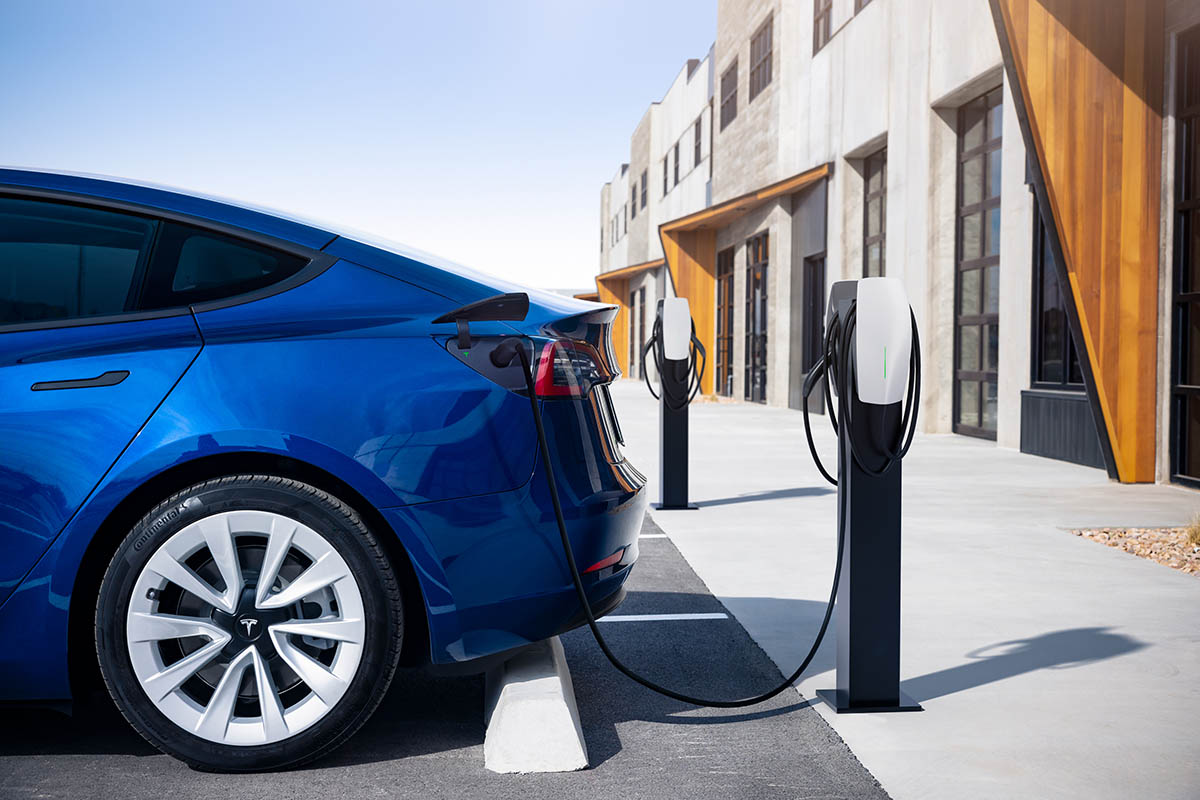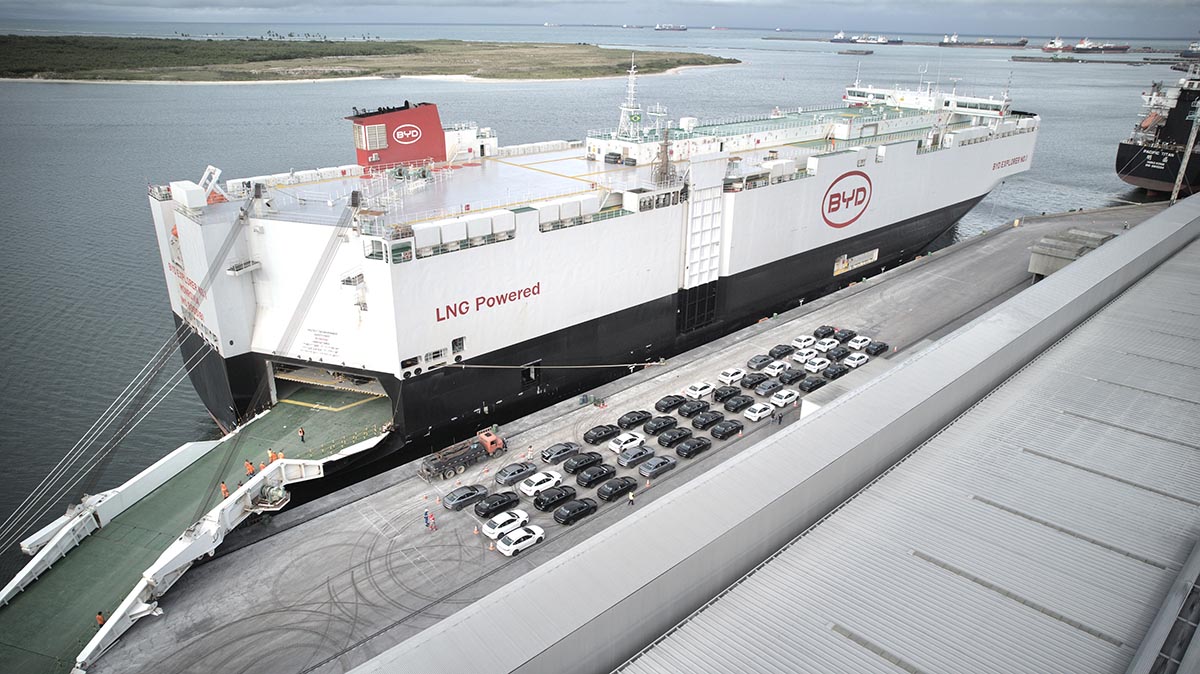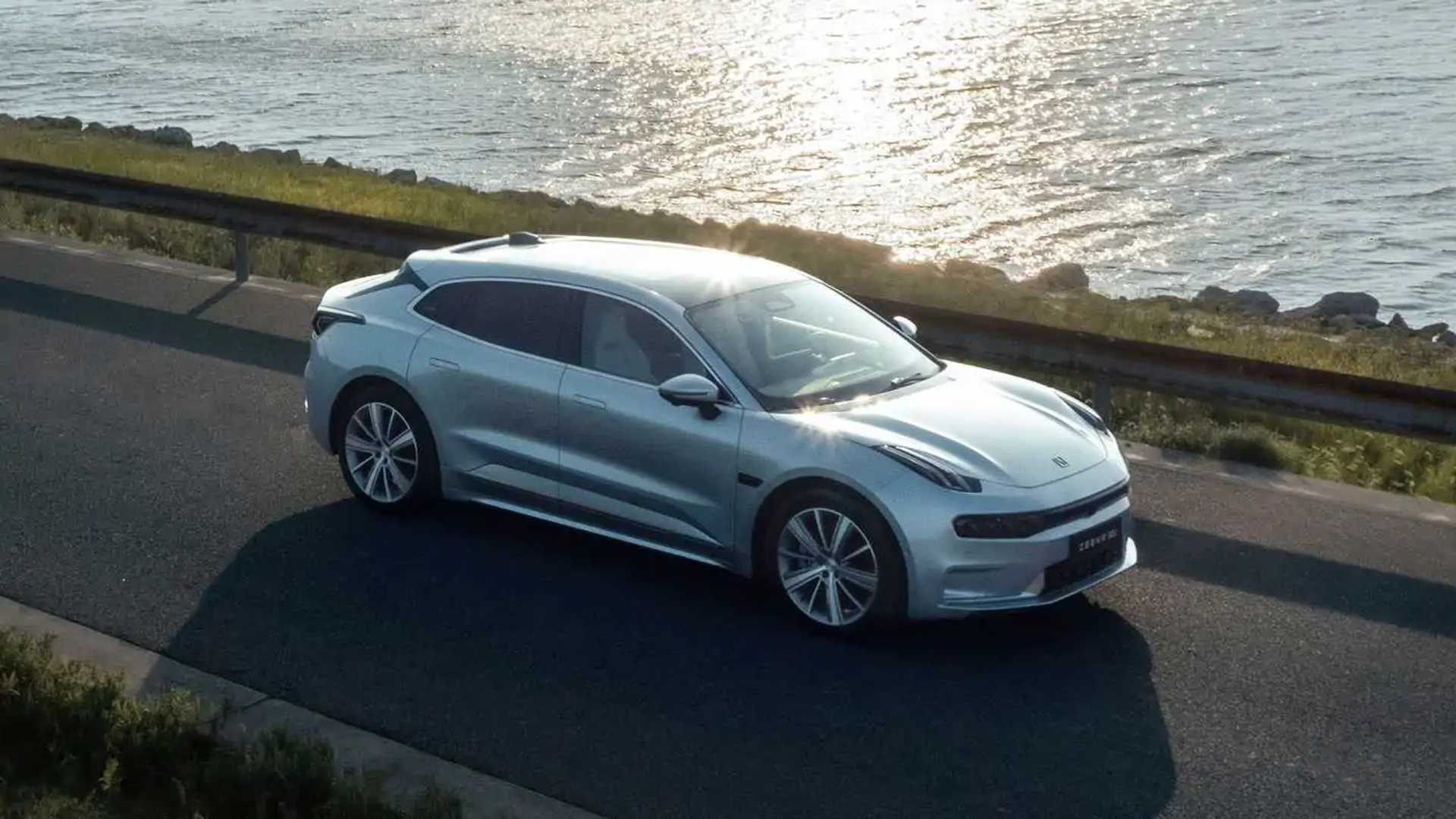The Canadian electric vehicle (EV) market experienced a dynamic first quarter in 2024, with mixed trends in adoption rates across the country. While the year-over-year (YoY) growth in the adoption of Zero Emission Vehicles (ZEVs) was impressive, quarter-over-quarter figures showed a slight decline.
According to data from S&P Global Mobility, in Q1 2024, ZEVs accounted for 12.5% of all new light vehicle registrations in Canada, down from 13.2% in Q4 2023. However, the YoY comparison showed a positive trend, with ZEV registrations increasing by 55.0% from Q1 2023.
Battery Electric Vehicles (BEVs), a subset of ZEVs, also experienced a decrease in market share, dropping from 10.0% in Q4 2023 to 9.2% in Q1 2024. This decline followed a period of growth in 2023, where BEV market share peaked at 10.1% in Q3.
S&P Global Mobility cited various reasons for this decline, including potential market saturation, consumer anticipation for newer models, and broader economic factors.
Hybrid Electric Vehicles (HEVs) and Plug-in Hybrid Electric Vehicles (PHEVs), both considered ZEVs under Canadian guidelines, showed slight increases in market share, rising to 11.3% and 3.3%, respectively, in Q1 2024.
Quebec continued to lead in EV adoption, with ZEVs accounting for 25.0% of all new vehicle registrations in the province for Q1 2024, up from 15.44% in Q1 2023. Quebec also contributed nearly half (48.7%) of Canada’s overall ZEV volume.
Despite strong adoption rates, British Columbia experienced a slight decrease in ZEV adoption, dropping from 26.48% in Q3 2023 to 21.89% in Q1 2024.
Ontario, with its large population and significant automotive market, saw gradual growth in ZEV adoption, increasing from 6.16% in Q1 2023 to 6.98% in Q1 2024.
Montreal led Canadian cities in ZEV adoption, rising from 18.2% in Q1 2023 to 28.07% in Q1 2024. However, the city experienced a slight decrease in ZEV volume from the previous quarter, possibly due to seasonal trends.
Toronto and Vancouver both saw decreases in adoption rates, with Toronto falling from 10.9% in Q3 2023 to 8.3% in Q1 2024, and Vancouver dropping from 31.3% in Q3 2023 to 25.7% in Q1 2024.






